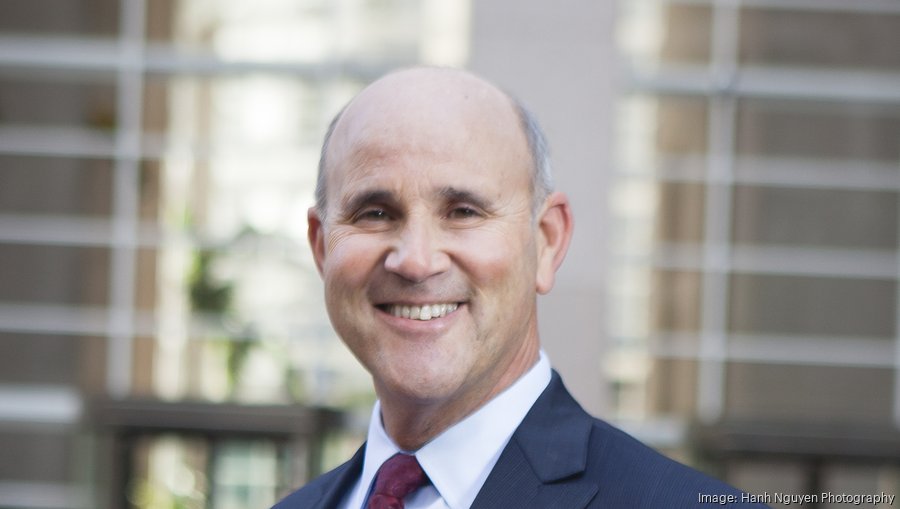Now that the primary season is over, it’s critical to sharpen our focus on the issues the next governor will have to deal with. One is an immediate danger that is threatening California’s future economic health: a widening divide between workforce demands and the supply of skilled applicants who live in this state.
California, the fifth-largest economy in the world, struggles with a growing skills deficit across industries and regions. Projections from “California Competes: Higher Education for a Strong Economy”show the gap will only widen in years to come. By 2025, California is expected to be 2 million short of the degrees and credentials needed to fuel the workforce.

Worldwide, California is known as an economic engine. In the Bay Area, employers have created hundreds of thousands of new jobs while the unemployment rate is near historic lows. To meet the demand for highly-skilled workers, California employers frequently turn out-of-state and overseas. Between 2011 and 2016, California attracted 137,000 more adults with bachelor’s degrees from other states than it has sent to those states, according to the Public Policy Institute of California. The largest gains are in majors like engineering, social sciences, computer science, and communications.
California Competes’ research shows the demand for skilled workers will only continue to grow. Now more than ever, California needs to develop a public agenda for higher education that elevates innovation and workforce training, an approach that will lead employers and disadvantaged communities to more prosperous outcomes.
Important Bay Area workforce needs are going unmet because of a lack of coordination between employers and higher education institutions. To address the problem, the Bay Area Council has developed an innovative approach through its Occupational Councils model. The Occupational Councils bring together major employers with educators and trainers to better align curriculum with the skills, experience and other qualifications students need to enter the workforce.
The fast-growing health information management (HIM) coding profession offers a perfect example. Students complete their education but can’t get jobs because many employers require two years of relevant work experience. The Occupational Councils are working to develop an online tool that enables students to complete their regular coursework at the same time they are getting the required practical work experience.
Aviation is another growing industry scrambling to hire qualified workers as companies lose talent to a wave of baby boomer retirements. Regional employers have hundreds of livable wage jobs that only require a two-year education and certification. The Occupational Councils are working to better prepare students for getting their Federal Aviation Administration (FAA) certification and getting these good-paying jobs faster.
Innovations like the Occupational Councils model must be scaled and replicated. Without the collaboration of educators and employers, California’s global competitiveness suffers and opportunities for economic mobility are suppressed.
As California prepares to elect its next governor, state policy must support clear pathways to degree completion for the millions of adults in California who have attended some college but haven’t earned a certificate or degree. Just as industry and academia must find common ground to match coursework with real-world needs, our higher education institutions must also reach across silos to build a more efficient and applicable experience for our students.

We cannot expect our colleges and universities to do this on their own. California needs a statewide coordinating entity to smooth student transitions and support degree completion. California is one of only two states without such coordination. Our students and our employers deserve better.
California Competes and the Bay Area Council challenge policymakers and our next governor to prioritize reforms to higher education as business and higher education leaders work together to meet the needs of state and regional economies. A robust education-to-employment pipeline is the linchpin of California’s economic growth.
Ajose is executive director of California Competes: Higher Education for a Strong Economy. She currently serves as chair of the California Student Aid Commission. Wunderman is president and CEO of the Bay Area Council.
